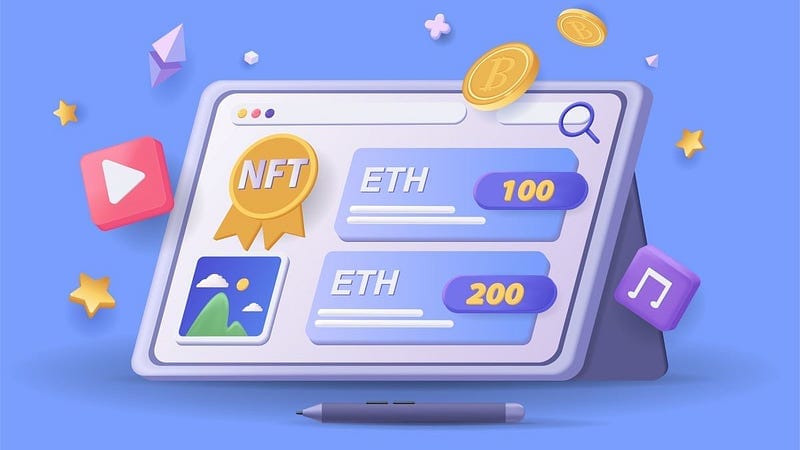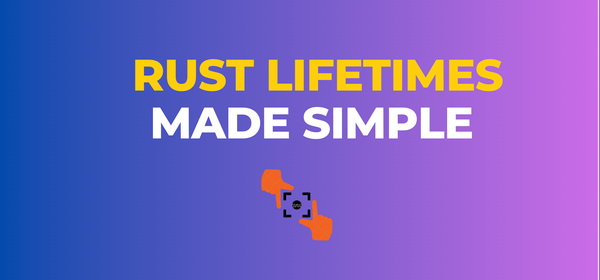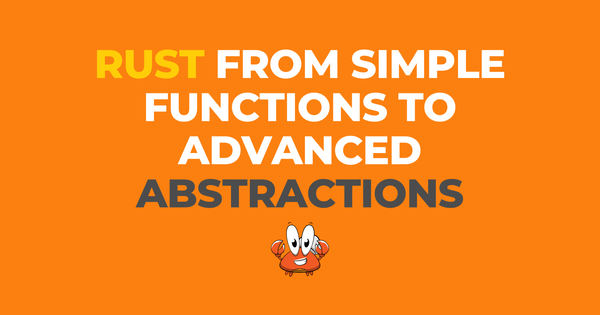EIP 2981: Enabling Royalty Distribution in the NFT Ecosystem
The NFT (Non-Fungible Token) industry has expanded and evolved, and the need for a standardized system to handle royalties has become…

The NFT (Non-Fungible Token) industry has expanded and evolved, and the need for a standardized system to handle royalties has become increasingly evident.
Enter Ethereum Improvement Proposal (EIP) 2981, a protocol designed to simplify the royalty process, foster transparency, and ensure that creators are fairly compensated for their work. In this article, we will explore the critical components of EIP 2981, its goals, and the impact it could have on the NFT landscape.
What is EIP 2981?
EIP 2981 is a proposal introduced to the Ethereum community to establish a standard for NFT royalty payments. It provides a clear framework for developers to implement royalty functionality into their NFT projects, ensuring creators receive a predetermined percentage of future work sales.
At its core, EIP 2981 is a protocol that can be incorporated into any ERC-721 or ERC-1155 smart contract. These contracts are widely used for NFTs and represent the backbone of the NFT ecosystem. EIP 2981 sets forth a simple and consistent way for NFT marketplaces to query royalty information and automatically distribute royalty payments to creators.
The Goals of EIP 2981
- Standardization: The primary goal of EIP 2981 is to create a uniform approach to royalty management across the NFT ecosystem. EIP 2981 reduces the complexity and fragmentation associated with implementing royalty systems by providing a standard interface for developers to incorporate into their projects. This standardization allows for broader adoption and ensures that creators receive royalties seamlessly, regardless of the platform or marketplace where their NFTs are sold.
- Transparency: EIP 2981 fosters transparency by establishing a royalty structure that is clear and easily accessible. By offering a standardized method to access royalty information, NFT holders and prospective buyers can quickly assess the creator’s share in future sales, ensuring they are fully informed before purchasing.
- Creator Compensation: A key motivation behind EIP 2981 is to ensure that creators are fairly compensated for their work. By implementing a standardized royalty system, EIP 2981 ensures that artists and creators receive a share of the ongoing value their work generates, even after the initial sale. This rewards creator and incentivizes them to continue producing high-quality content, driving the NFT ecosystem forward.
The Impact of EIP 2981 on the NFT Ecosystem
EIP 2981 has the potential to impact the NFT landscape significantly. Establishing a standard for royalty distribution addresses some of the most pressing concerns regarding creator compensation and sustainability within the industry. As more NFT projects adopt EIP 2981, creators will have a stronger incentive to continue producing and sharing their work, knowing they can benefit from future sales.
Moreover, EIP 2981 can help bolster trust and transparency within the NFT ecosystem. As prospective buyers and collectors have access to royalty information, they can make more informed decisions and feel confident that creators are being fairly compensated.
Conclusion
EIP 2981 is vital to a more equitable and transparent NFT ecosystem. By providing a standard for royalty distribution, it addresses the concerns of both creators and collectors, ensuring that artists are fairly compensated for their work while giving buyers the confidence to invest in NFTs. As EIP 2981 gains traction and is incorporated into more projects, the NFT ecosystem will continue to evolve, offering even more excellent opportunities for creators, collectors, and developers alike.
Follow me on Medium, LinkedIn, and Twitter.
All the best,
Luis Soares
CTO | Head of Engineering | Cyber Security | Fintech & Blockchain SME | NFT | Web3 | DeFi
#blockchain #smartcontracts #ethereum #nft #royalties #ethereum #evm #solidity #web3 #cryptography #softwareengineering #softwaredevelopment #coding #software
More content at PlainEnglish.io.
Sign up for our free weekly newsletter. Follow us on Twitter, LinkedIn, YouTube, and Discord.
Interested in scaling your software startup? Check out Circuit.



